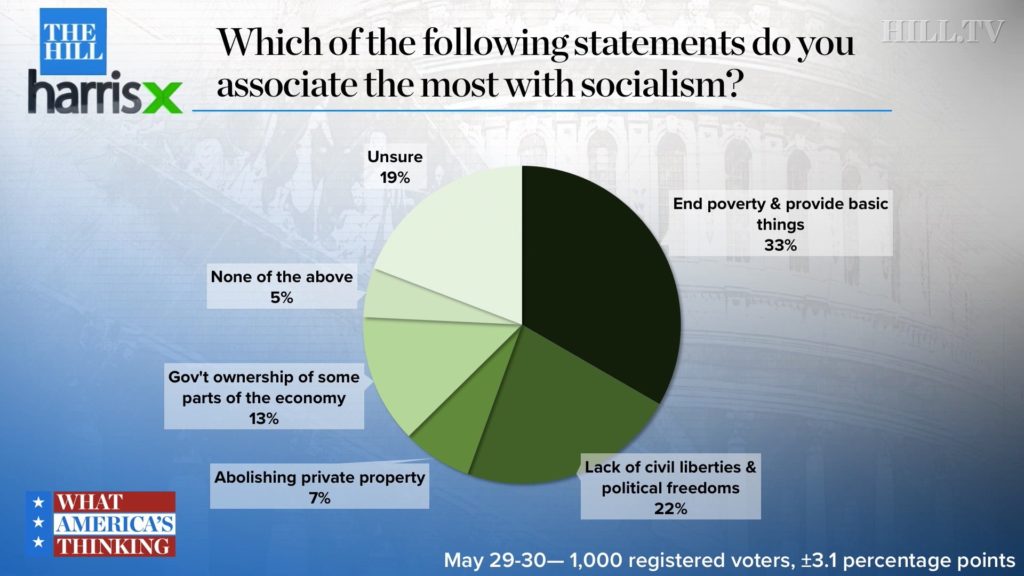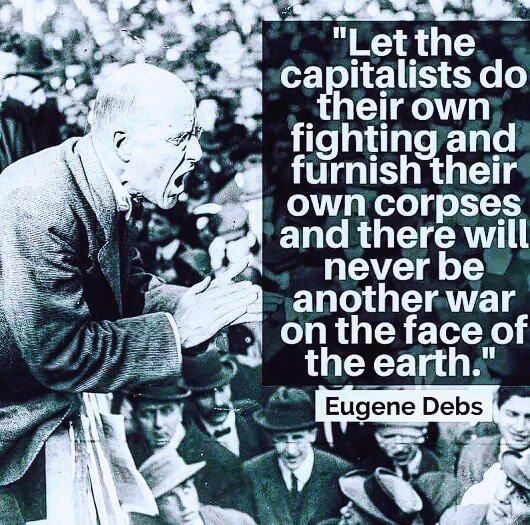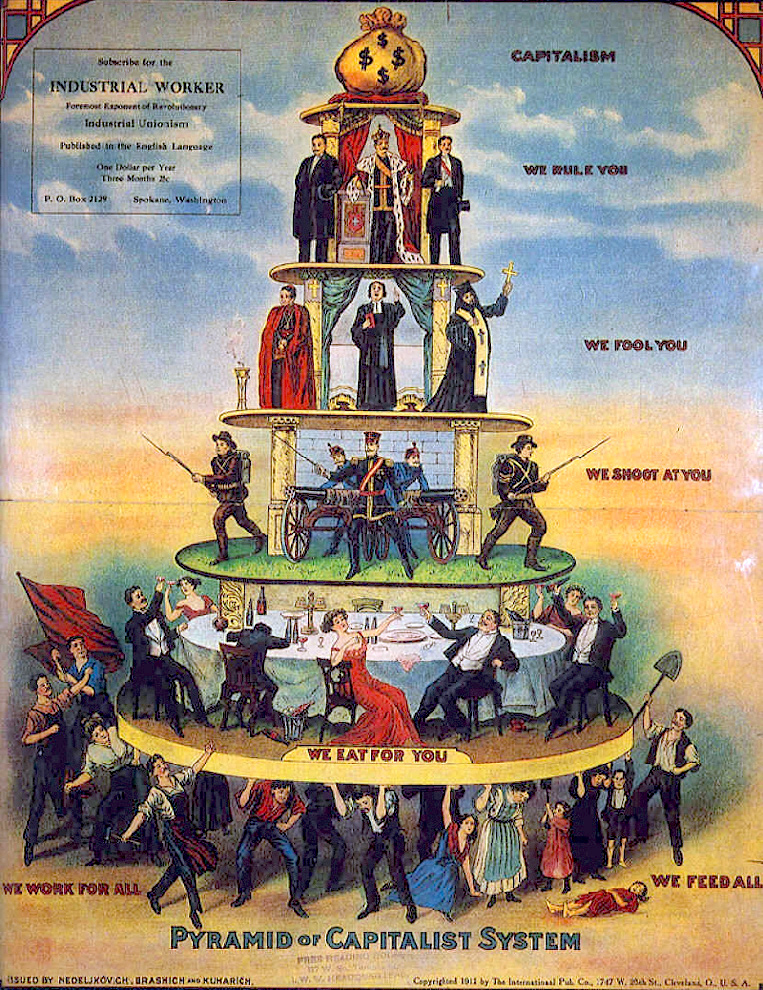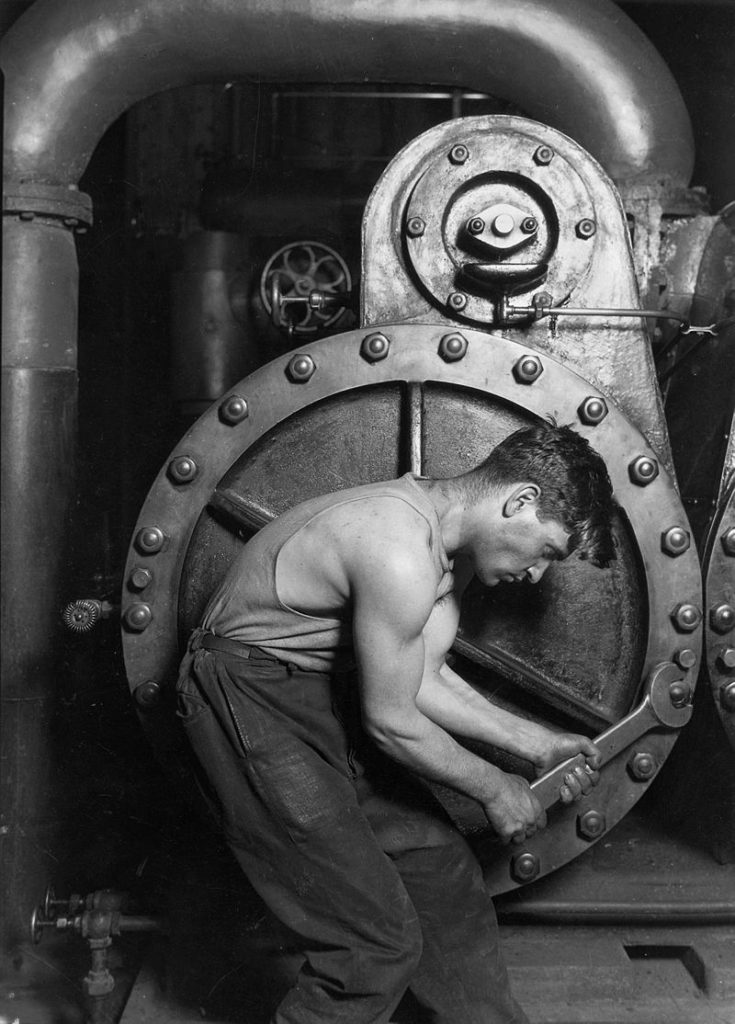
Sen. Bernie Sanders, I-Vt., and Sen. Elizabeth Warren, D-Mass.
Socialism once made America Great

The study also found that respondents gravitated toward both positive and negative definitions of the term much more than toward its academic meaning. Only 13 percent described socialism as government ownership of some parts of the economy.
Twenty-eight percent said they believed socialism was fulfilling basic needs like healthcare, housing, and a job to everyone while another 5 percent believed it meant ending poverty.
Twenty-two percent said they viewed socialism as a system lacking in civil liberties and political freedoms while seven percent associated it with abolishing all private property.
There were some notable differences across age groups with younger respondents more likely to define socialism in positive ways.
One way to look at it is, yeah, young people are more open to that [socialist] approach but when you look at what they mean by it, it gets right back to basic equity and opportunity for all—and a perception that some folks don’t have that opportunity.
Mohamed Younis, editor in chief at Gallup
Donald Trump is not the first Republican President warning that Medicare would lead the US away from freedom and toward socialism. Ronald Reagan who “tore down the Berlin wall”, the perhaps greatest symbol of communism and lack of freedom, originally spoke of socialism in this way. Both Lyndon B. Johnson and John F. Kennedy were labeled socialists by their adversaries.
socialism
noun
a political and economic theory of social organization which advocates that the means of production, distribution, and exchange should be owned or regulated by the community as a whole.The term “socialism” has been used to describe positions as far apart as anarchism, Soviet state communism, and social democracy; however, it necessarily implies an opposition to the untrammeled workings of the economic market.The socialist parties that have arisen in most European countries from the late 19th century have generally tended toward social democracy
Oxford Dictionary
An Icon of American Socialism

(5 November 1855 – 20 October 1926) was an American socialist, political activist, trade unionist and one of the founding members of the Industrial Workers of the World and a five-time Socialist Party of America candidate for President of the United States.
As a leader of the American Railway Union (ARU), Debs was convicted of federal charges for defying a court injunction against the nationwide Pullman Strike and served six months in prison. Debs went to prison a Democrat and emerged a Socialist.
The issue is Socialism versus Capitalism. I am for Socialism because I am for humanity. We have been cursed with the reign of gold long enough. Money constitutes no proper basis of civilization. The time has come to regenerate society — we are on the eve of universal change. (Open letter to the American Railway Union, Chicago Railway Times (1 January 1897))
I am opposing a social order in which it is possible for one man who does absolutely nothing that is useful to amass a fortune of hundreds of millions of dollars, while millions of men and women who work all the days of their lives secure barely enough for a wretched existence.“Statement to the Court Upon Being Convicted of Violating the Sedition Act” (18 September 1918)
I would address a few words to those who are in sympathy with the Social Democratic Party, but who hesitate to vote for it for fear they may lose their votes. Let me say to you: It is infinitely better to vote for freedom and fail than to vote for slavery and succeed.
Published in Appeal to Reason (October 13, 1900)
Socialism is very properly recognized by the capitalist class as the one cloud upon the horizon which portends an end to the system in which they have waxed fat, insolent and despotic through the exploitation of their countless wage-working slaves.

Those who produce should have, but we know that those who produce the most — that is, those who work hardest, and at the most difficult and most menial tasks, have the least.
Eugene V. Debs, Walls and Bars (1927)

While there is a lower class, I am in it, while there is a criminal element, I am of it, and while there is a soul in prison, I am not free.
I have no country to fight for; my country is the earth, and I am a citizen of the world.
The most heroic word in all languages is revolution.When great changes occur in history, when great principles are involved, as a rule the majority are wrong.
Eugene V. Debs
Besides Medicare for All, free college tuition and consumer protections. This quote from the Socialist Party platform of 1912 is illustrative of socialists far-reaching influence in America:
An eight-hour workday at a decent wage, a public-works program for the jobless (realized later in the New Deal’s Works Progress Administration), safety regulations for workers in the mines and factories, a child-labor law, an old-age pension, unemployment and accident insurance, a graduated income tax, an inheritance tax, suffrage for women, a direct vote in national elections doing away with the electoral college, the creation of separate departments of health, education, and labor, and a convention to revise the Constitution. The first of their political demands was absolute freedom of the press, speech, and assembly.”
If the nostrums of socialism are so baleful, the antidote must be the blessing of laissez-faire freed from the heavy hand of government. We have enjoyed such periods. The Gilded Age produced unbridled capitalism and a culture of excess that led to financial panics impoverishing millions at the hands of corporate profiteers professing the sanctity of property. This led to near class warfare between exploited workers and industrial barons in mines and factories, and among hard-pressed farmers and railroad magnates in the fields. The “yeoman” cultivators of national myth were often as not landless tenants maltreated by distant trusts. The invisible hand of the market had its thumb on the scale abetted by the visible hand of government whose intrusion through the courts and, when necessary, troops, the tycoons were all too glad to invite.
Much of this history has fallen down the memory hole of what Gore Vidal famously called the United States of Amnesia. As a nation, we seem to have forgotten the circumstances that turned rock-ribbed Americans of the industrial age into labor activists, social reformers, populists, and, yes, socialists. Their responses to the injustices they endured often overlapped and literally bled into one another.
The Socialists did not believe that either of the two major parties were capable of enacting these goals. But, as it turned out, many of them were realized within a few years and most became law
The Daily Beast – Opinion: How Socialism made America Great by Jack Schwartz.
This era of good feeling lasted for no more than 50 years, coming to an end with the Reagan reaction. Labor unions were broken, the income gap between the wealthy and the rest of the country grew exponentially, all boats were not lifted, greed was good, the ideal of the common man gave way to the cult of the individual and the nation polarized over social grievance exacerbated by immigration and race as a distraction from the economic disparities that plagued it.
Conservatives would tell us that it is the job of government to protect the entrepreneur’s right to own and control his property, and then get out of the way, thereby guaranteeing his freedom, and ours. Critics of this 18th-century notion might ask: What happens when we effectively become part of the owner’s property and the proprietor is a faceless corporation whose only obligation is to its shareholders? The question Socialists asked 100 years ago is again a pressing one today: When economic power is concentrated in the hands of a corporate handful, what becomes of our society, and our democracy? A new generation is no longer intimidated by the wolf-cry of “socialism” but is willing to reclaim the socialist ethos as a legitimate part of the American reformist experience.
We may have democracy, or we may have wealth concentrated in the hands of a few, but we cannot have both.
Justice Louis D. Brandeis

Lewis Hine 1920. Power house mechanic working on steam pump.




